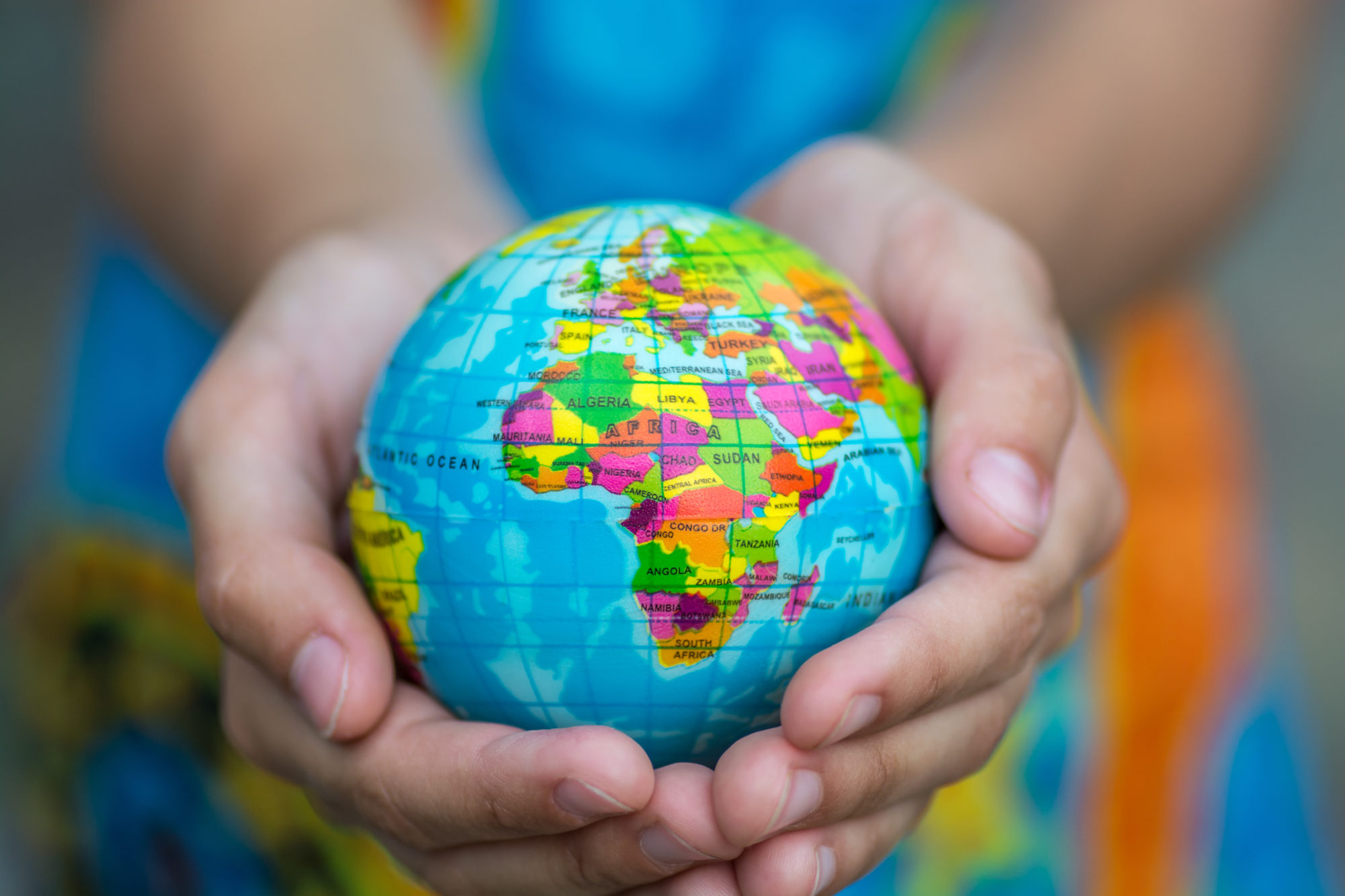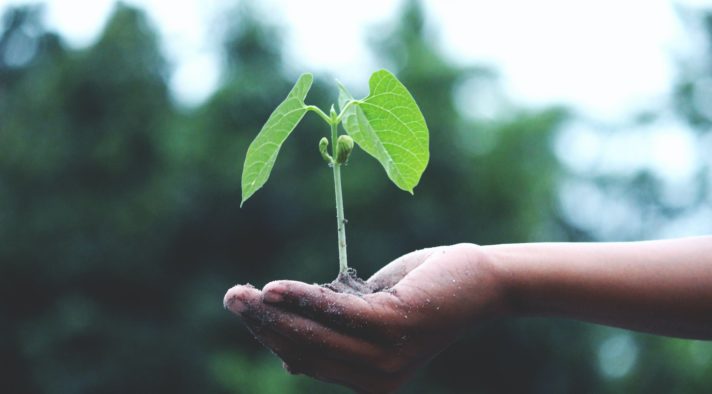The Local and Regional Governments fourth report “Towards the localization of the SDGs” was launched on the Local and Regional Governments Day in the framework of the 2020 High-level Political Forum last 13 July. The report, facilitated by the Global Taskforce, builds on the previous publications’ knowledge on the state of localisation and has adapted to the current context by emphasizing the direct contribution of local and regional governments both to the SDGs and to the COVID-19 crisis.
The report underlines the role that Local and Regional Governments (LRGs) are playing in the frontline of the COVID-19 response, keeping people safe while ensuring the delivery of basic services. However, the report shows that the actions of LRGs on reducing poverty, delivering basic services and achieving the SDGs are still insufficient and underlines the need to strengthen the mobilization of resources and capacity building for local and regional governments to overcome the current crisis, and to promote the transformation of financial ecosystems to boost urban and territorial governance.
The LRGs report to the High-Level Political Forum includes a set of recommendations for the way forward, such as:
- Empower LRG to trigger structural change and accelerate the achievement of the 2030 Agenda to consolidate their innovative actions into long-term strategies that can fulfil the SDGs.
- Continue the efforts to galvanize forces for the localization of the SDGs at the subnational level.
- Advocate for strong national localization strategies of the SDGs that include robust localization policies and support LRGs.
- Develop and enable institutional structures for the localization of SDGs and ensure adequate financing to support localization.
- Creating strong partnerships with all levels of governments, civil society and key stakeholders to strengthen governance of the SDGs and the localization process and achieve a whole-of-government and whole-of-society approaches to achieve the global goals.
- Strengthen the LRGs’ voices and participation in the voluntary national reporting to achieve a qualitative leap in SDGs implementation.
- Acknowledge, support, and promote a bottom-up monitoring and localized indicators with disaggregated data.
- Strengthen global cooperation through a renewed and reinforced multilateral system. As global challenges become more complex, interconnected and pressing, reinforcing global cooperation and solidarity through the revitalization of a multilateral system that speaks to local communities and the civil society becomes an increasingly urgent necessity. LRGs have demonstrated that they play a key role in building bridges between local communities and global institutions.
The report also gathers key examples of LRGs actions worldwide for the localization and implementation of the SDGs. For example, in regards to urban and regional planning and the global agendas, Regions4 members like Åland Islands, Azuay, Basque Country, Flanders, Sao Paulo, Wales, have adopted the SDGs as part of a reference framework to align their plans and strategies. More specifically, the Government of Åland has established the “Development and Sustainability Agenda for Åland” within the framework of the Bärkraft.ax: a network created for all citizens, organizations, authorities and companies. The Agenda for Åland consists of a single vision with seven strategic targets for 2030; these focus on both environmental and social sustainability which is part of a plan to make Åland totally sustainable by 2051.
Regarding SDG 14 and 15, protecting terrestrial and marine ecosystems and biodiversity, LRG actions involve restoring natural systems, water resources, coastal and mangrove areas, reforestation and protection of local species. Such is the case of Regions4 member Quebec, which following the Convention on Biological Diversity, established that, by 2020, 20% of the area covered by the 2015 Plan Nord should be made up of protected areas. Quebec also committed to reaching the international target of protecting 10% of its maritime environments.
On the other hand, regions have made efforts to scale-up local initiatives to ensure both vertical and horizontal integration of biodiversity policies. For example, Campeche has implemented the Jaguar corridors to protect and monitor jaguar population across the Yucatan Peninsula with support from local communities, neighbour states, the private sector and academia.[1]
Furthermore, facing critical problems of water scarcity since 2014, the state of Sao Paulo has now linked the protection and conservation of its water resources to biodiversity through the Water Springs Program (Programa Nascentes), which aims to extend the protection and recovery of forests, springs and water sources.
Moreover, the report highlights the launch of the Regions4 Community of Practice Regions4SDGs, which promotes the exchange of best practices and helps its member to develop strategies aligned with the SDGs. The LRG report to the HLPF ends with the reassurance of LRGs commitment to achieve the global development agendas, accelerate the SDG implementation and localization and consider our common vision for 2030 to rebuild our societies.
[1] Towards the localization of SDGs report, p.98



